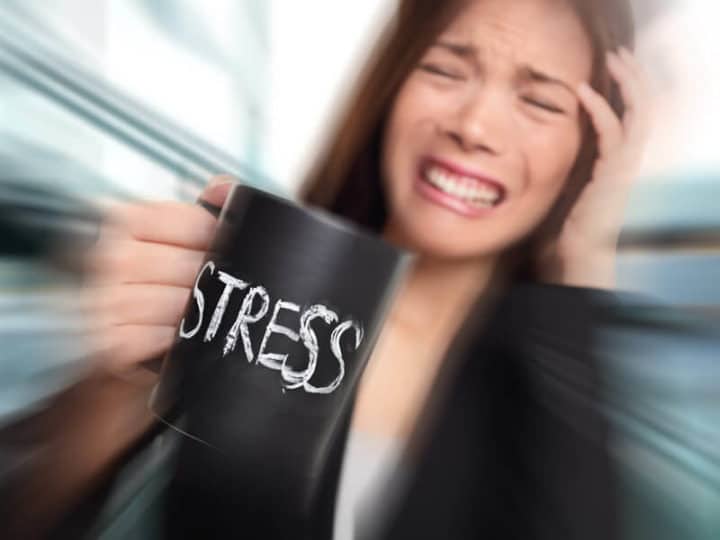Sometimes when we think we’re moving forwards, we’re actually moving backwards. What do I mean by that? Just take a look at the way that the Western lifestyle has evolved over the last 50 years.
In the 1950s and 1960s, it was relatively easy to get a job without needing higher education. One income would support a household of two adults and a couple of kids, and it would even pay the mortgage payment too. When the income provider (usually the husband in those days) got home from work, he could switch off and not worry about his job until the next day. Life was relatively simple, uncluttered and unhurried.
Fast forward 50 years and you see a totally different story. The cost of housing often means that both parents have to work, and they are toiling away for much longer hours than their parents and grandparents did. The pressures of global competition mean being constantly available, perhaps responding to emails at 10pm or jumping on a conference call in the early morning. Financial pressures are growing everywhere, not only thanks to housing but also due to the development of a more consumerist society (everyone else has got an iPhone, so I want one too!).
The pressure also affects our kids. Constantly pushed to learn and achieve more, and monitored by regular testing, their experience of school is very different from that of their grandparents. And they get to spend less quality time with their busy parents than ever.
As we all try to fit more into each day, our sleep suffers too. We sleep an average of 6.1 hours per night these days, compared to 9 hours in 1900! Then you need to factor in the pollutants and chemicals that exert a different kind of pressure on our bodies. Processed foods and car pollution are just two sources of the toxins that we regularly consume and inhale. They weaken our immune systems, cause chronic diseases like asthma, and put further stress on our bodies and minds.
What is the result of all this added pressure and stress? The most obvious casualties are the doctors, lawyers and shift-workers that ‘burn out’ in their late twenties or thirties. But these constant low levels of stress impact us all in different ways. Young men and women in their twenties are experiencing hormonal declines previously only seen in much older people. Teenagers are dropping out of school citing exhaustion.
An epidemic of fatigue has spread throughout the developed world. And it’s most obvious manifestation? The exploding number of coffee shop chains! In fact, you could draw a direct correlation between the levels of stress and fatigue, and the expansion of Starbucks to every high street. Stimulants like coffee are just a way for us to hide our fatigue, but they only contribute to the problem.
Sleep deprivation in America: Risks and effects (WebMD)
Stressed in America (American Psychological Association)
The most stressed generation? (Time)
It doesn’t have to be this way
Some things we can’t take back. We can’t flick a switch and slow down the world – the pace of innovation and globalization is just too fast for that. To some extent, all that extra stress and pressure is here to stay. But there are many different ways in which we can begin to recover from adrenal fatigue and cope with life a little better.
By making small changes to our lifestyles we can hugely reduce our stress levels. Those small changes are what this site is all about. Improving your diet, using relaxation techniques and eliminating sources of stress are all great first steps. There are herbal supplements that can support your adrenals and allow them to recover. And you should also educate yourself about the treatments that can restore declining hormone levels.
Exploring the rest of this site will teach you the basics that you need to start treating your adrenal fatigue. If you experiencing regular fatigue and you don’t know why, I would encourage you to take a good look at your lifestyle and begin to make some positive changes.



